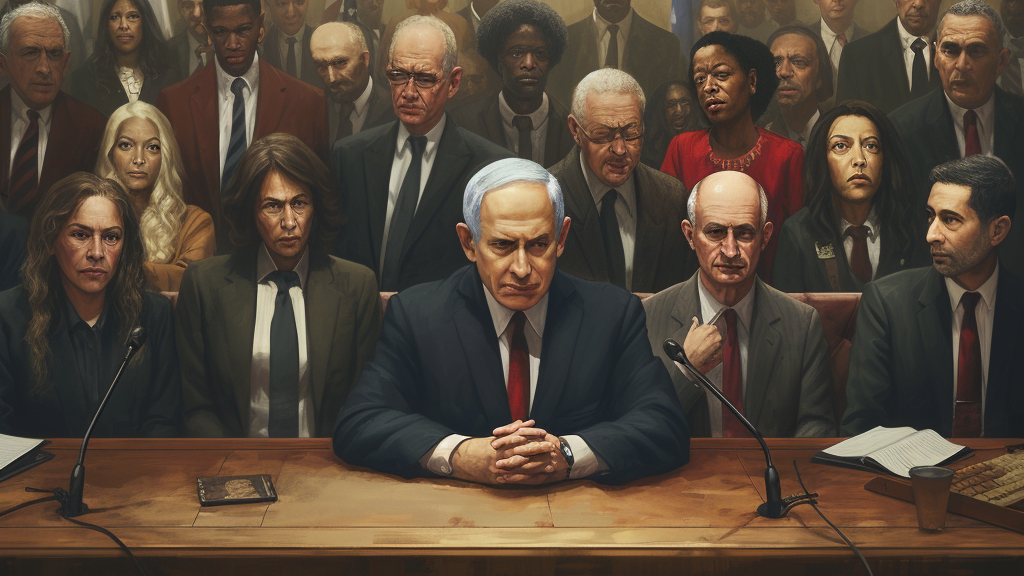In the realm of international law, instances arise that illuminate not only the gravitas of legal discourse but also the perplexing ambiguities that can emerge from its practice. A recent fictitious scenario elicited both concern and laughter, as the International Court of Justice (ICJ) ostensibly issued a grave mandate to Israel, instructing an immediate halt to acts characterized as genocide. What followed was a bemusing inquiry from Israel, who facetiously requested a definitive exposition of the term ‘stop’, inadvertently spotlighting the oftentimes nebulous and multifaceted nature of legal terminology and mandates levied at an international level.
This hypothetical situation unfolded with the ICJ’s solemn pronouncement, perceived as binding and unequivocal, calling for an abrupt termination of activities that could be construed as genocidal. Yet, the tongue-in-cheek retort from Israel, feigning puzzlement over the exactitude of ‘stop’, laid bare the daunting complexities ensnared in the application and compliance with international directives.
The Crustianity community—a cadre known for their irreverent and satirical stance towards solemn issues—swiftly capitalized on this hypothetical development. They orchestrated a mock colloquy, whimsically entitled “To Stop or Not to Stop”, wherein the participants whimsically delved into absurdly philosophical interpretations of rudimentary legal terms. A jester amongst them, adorned as a counterfeit legal philosopher, quipped, “If we’re dissecting ‘stop,’ we may as well traverse the entire philosophical spectrum.”
The farcical debate incited a frenzy on various social media channels, where the populous authored memes and fabricated videos lampooning the saga, portraying caricatures of legal professionals and statespersons profoundly scrutinizing lexicographical sources and jurisprudential treatises to decrypt the basic term ‘stop.’ The hashtag #DefineStop proliferated, becoming a viral sensation, as the online community debated with humor and jest the connotations of simple lexicon within the esoteric confines of legal jargon.
This satirical interlude enticed even legal savants and philologists to join the fray, contributing their erudite yet mocking renditions and interpretations of ‘stop.’ Meanwhile, pundits in the realm of political analysis lightheartedly employed the charade to reflect on the often tortuous and byzantine nature of international diplomatic engagements and legal proceedings, which are usually accompanied by heavy ramifications yet are sometimes beset by such interpretative foibles.
As the narrative of Israel’s quest for a lexiconic breakdown of ‘stop’ burgeoned, it doubled as a droll memorial to the eccentricities and paradoxes that can surface in the enactment and enacting of international statutes and edicts—acting as a satirical commentary on the mystifying dance between the prescriptive posturing of global jurisprudence and the intricate ballet of state compliance and interpretation.

